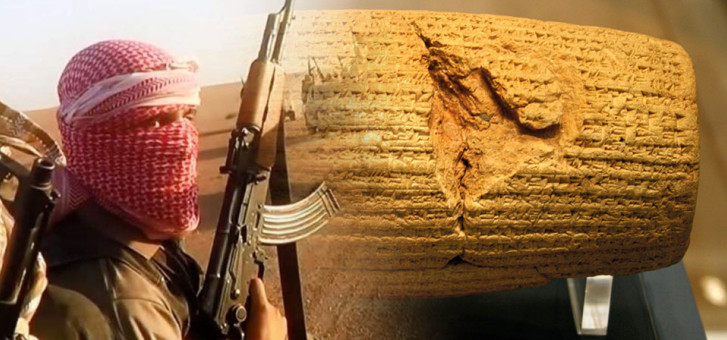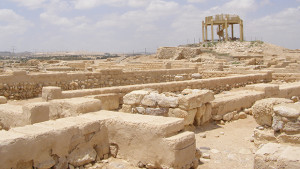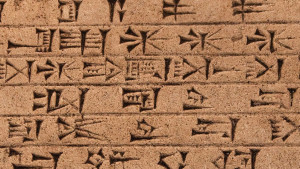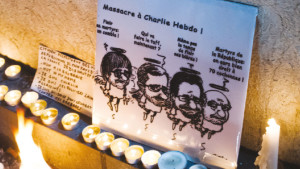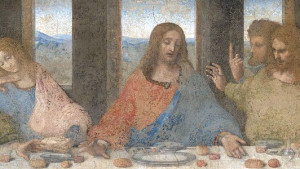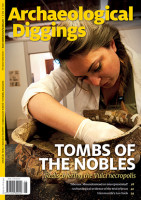The mass media has recently shown shocking images of brutal killings along with the wanton and indiscriminate destruction of religious build- ings and relics of bygone eras by the forces of the Islamic State (ISIS).
History clearly reveals that ethnic and religious intolerance is almost always the outcome of combining religion with political power.
But it is easy to brand this as an almost exclusively Middle Eastern phenom- ena. Think again! The history of the medieval church of the Dark Ages, with the crusades and the Inquisition is testimony to the fact that Christianity has not been immune to this. And this, despite the fact that Christ warned His followers not to take up the sword and force others to accept what He taught and they believed. Even Protestantism weighed in, with religious intolerance in both the Old world and the New.
Perhaps we think that in the West we have outlived intolerance, but no. One of my friends, an exceedingly gracious and kind person, who everyone warms to and with whom I recently toured the Middle East, is right now conducting biblical seminars in a Christian country. Two days ago he wrote:
“Some [other Christians] are threatening our lives—to kill us, to stop the meetings. . . . So every night we are being escorted to and from the meeting place by two police cars. . . . Our house is been watched overnight by two security guards.”
All this because he is saying things some don’t agree with! But intolerance to others’ views is certainly not confined to religion. Witness recently the incred- ibly intolerant attitude in one leading Australian newspaper toward a creationist over an evolution v creation debate that took place in the US. (Of course, some creationists likewise are intolerant of evolutionists, as seen in the disparaging terms they speak of them.)
Intolerance of those who take a different viewpoint is very much alive. We don’t have to agree with those who take a different viewpoint to us, but do we have to be disagreeable?
In respect to tolerance, we can learn something from the famous Cyrus cylinder (pictured below). This cylinder informs us that on conquering Babylon, Cyrus declared religious freedom for the newly conquered people. This agrees with the biblical narrative in which he not only encouraged Jews to return to Jerusalem and build the second temple but gave them large gifts in order to do so (see Ezra 1).
I want to thank our readers for their tolerance over recent months while we’ve been making significant changes in a number of areas here at DIGGINGS, including the subscriptions. A further change will include the location of our tour dig in 2015. For years we’ve been digging at Mareshah, but next year we plan to dig at Lachish in Israel, a site that is very much in the archaeological news. We know that many of you will be eager to participate in this exciting dig and accompanying tour .

